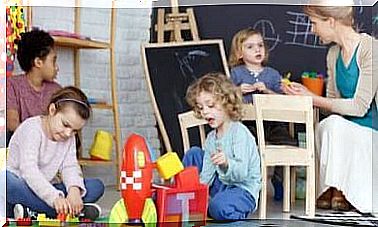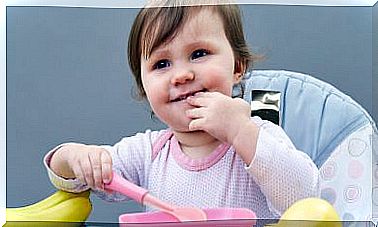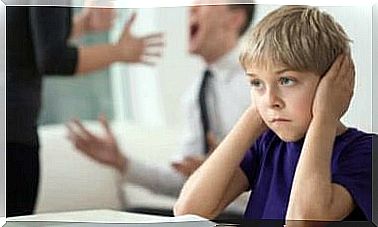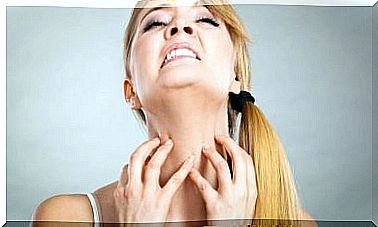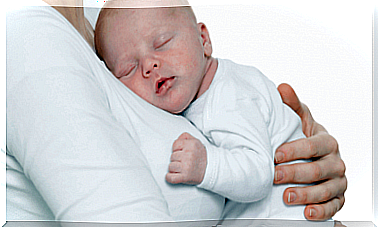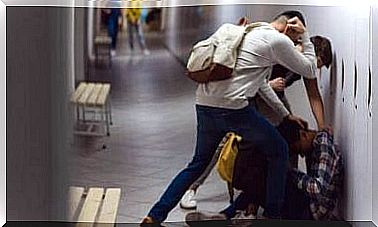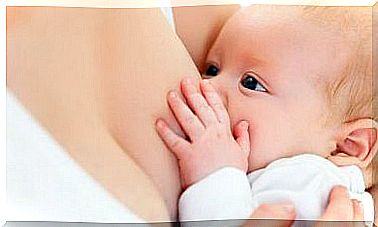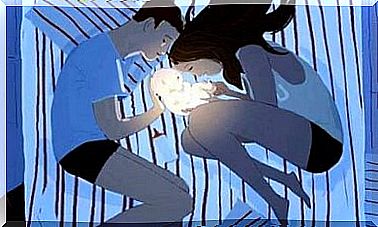What To Do If A Child Has Hit His Head?
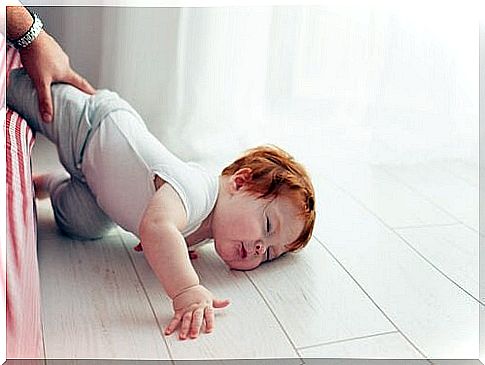
It is a common belief that if a child has hit his head, he should not be allowed to sleep. However, health professionals have recently stated that the most important thing is to pay attention to the symptoms that appear after an accident.
What to do if a child has hit his head?
When a child hits their head, parents often take the child directly to the doctor, and there is nothing wrong with this approach. However, health professionals believe that after a blow to the head, it is often best for the child to rest and take it easy.
However, there is always someone who will say that a child should not be allowed to sleep after a head knock so that the child does not sink into a coma. Such advice can sound intimidating to parents. In reality, it all depends on the intensity of the blow to the child’s head.
If the child has hit his head, you should first check the child’s level of consciousness. To find out, ask your child short and simple questions like “What’s your name?” or “Where are you?”.
If your child is too small to respond, you can check how your child responds to certain stimuli. This will allow you to assess whether the child is conscious or not. You can observe whether the child is watching an object or a bright light moving in front of his eyes.
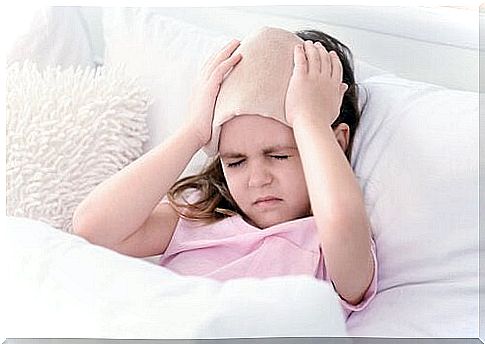
Noticeable symptoms
Symptoms after a headache can vary, and some of them require examination and monitoring by a doctor.
If a child’s head is hit, he or she may suffer a concussion. This can result in certain types of symptoms that result from the brain recovering from the shock. Recovery may take some time.
The most common symptoms are confusion, balance and vision problems, headache, tingling in the hands and feet, and vomiting. The need for hospitalization or medical examination should be assessed by a medical professional based on the severity and duration of symptoms.
What if there are no visible symptoms?
If the child has no symptoms and continues to play normally after hitting his head, everything is probably fine. Remember that at this age , the bones in a child’s body and even head have a certain amount of elasticity that softens and dampens the impact.
In any case, the child should be monitored, as symptoms of damage may not appear until several hours later. The first 8 hours after the accident are the most critical.
If your child has a mild headache, you can give him or her a painkiller, but only with your doctor’s consent. You can also put a cold wrap on your child’s forehead and urge him or her to rest for the rest of the day.
Let the child sleep if he so desires. His body and brain require rest. However, check your child’s well-being regularly and wake the child at least every 2 hours to see how he or she reacts.
If a child hits his head really badly or you are unable to control the bleeding, of course you should see a doctor immediately.
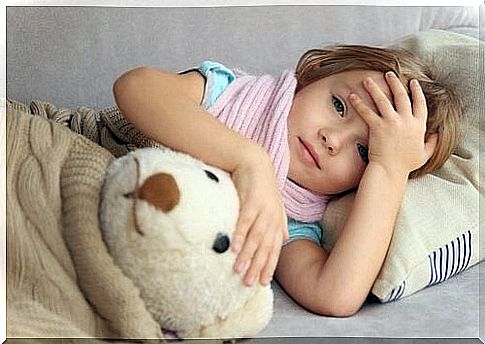
Other instructions for parents
The most important thing is to stay calm. If your child cries, try to calm him down as soon as possible. Often the headaches are not as severe as they seem, even if there is a lot of bleeding – remember, there are really a lot of blood vessels in the head.
It’s also worth keeping in mind that knocking your head is one of the most common accidents for children. When your child plays, runs, learns to walk, tries to reach for something, falls out of bed, or rides a bike, many of the bumps and bumps he gets will hit his head.
Usually these damages are harmless. Sometimes, however, injuries can be serious – especially in the event of a car or skating accident or a fall on stairs.
It is always best to anticipate and do what you can – within reasonable limits – to prevent accidents from happening.
